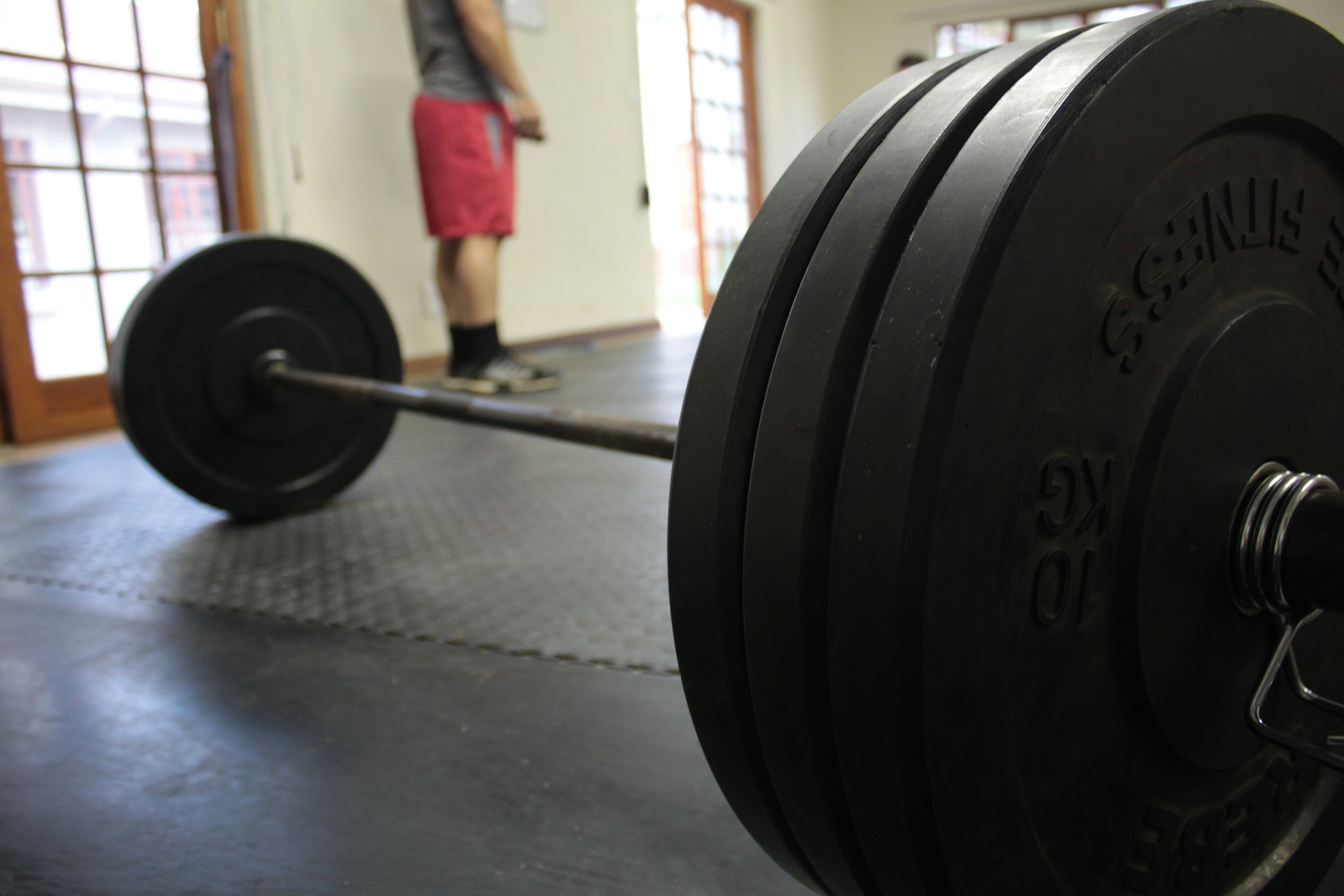
A common topic I often find myself talking about with clients is centered around how to get stronger.
For many of us, we want to get stronger but don’t know the best way to do it. It’s not simply about lifting weights, though that is important. Rather, it’s a combination of factors that, when done properly, can lead us down a path of strength and progress.
So, today I’m outlining what I believe are the three biggest keys to building strength. If you can focus on these three things every day for an extended period of time, you’re likely to see the strength gains pile up!
1. Proper programming
Let’s start with what you’re doing in the gym, because that seems to be where most people’s attention goes with the topic of building strength.
Yes, you need a plan when you walk into the gym each day. If you’re simply walking into the gym, picking up weights and throwing them around based on how you’re feeling that day, you’re probably not going to make a lot of progress.
Rather, you should have a program based around specificity.
What is your goal? In what ways do you want to get stronger? Is there a specific lift you want to improve? When do you want to do it by?
The answers to these questions should be reflected in a strategized program.
I hate to break it to you, but if you’re Googling free programs every week, or if you’re doing a workout because your favorite actor or athlete is doing it, you might not get the results you’re looking for.
Spend some time thinking about what you want to do, and then put a program together that logically walks you through a progression. If you don’t know how to put a program together, find a coach to help you out!
2. The right diet
The gym provides us with a stimulus for an hour or two each day. What happens in the other 22-23 hours is even more important.
That’s where diet and recovery come into the play. Recovery comes in a number of forms, but for this point we’ll focus specifically on some basic principles of your diet.
If you want to get stronger, the easiest way to help push yourself in that direction is through being in a calorie surplus. By that, I mean consume more calories than you’re expending each and every day. This will allow your body to recover from each and every workout and be ready for the next session. You’ll promote muscle growth as well.
Beyond just being in a calorie surplus, you should try and consume a high level of protein each day and focus your diet around quality whole foods. If more than 20% of your overall calories are coming from sweets or unhealthy snack foods, you’re doing it wrong.
Focus on fueling yourself between each workout with a large volume of high quality foods and protein.
3. Rest
While your diet is certainly a huge part of the recovery process, rest and sleep are as well.
I think of rest as the time you spend off your feet, just relaxing and giving your body a break. And with sleep, well… that one is pretty straightforward. How much are you sleeping each night?
The reality is, our bodies can only handle so much training. In order to fully recover from session to session, we need to prioritize rest and sleep. The combination of the two are a vital part of the recovery process.
Rest and relaxation are important, because this is valuable time to remove the everyday stresses from our lives. Training provides a stress to our bodies. So do all of the other stresses that occur throughout the day. Your body has to process each and every one of those stressors, which can be overwhelming if we don’t take time to literally just chill out for a while.
In terms of sleep, it’s pretty well documented that the recovery processes that occur when in a deep sleep are major drivers of strength gains in athletes. The hormonal adaptations that occur while sleeping — such as the secretion of growth hormone — will take your training to the next level if you prioritize 7-8 hours a night.
We often have this misconception about what it takes to change our bodies. Intense slogans like “never quit!” or “push through the pain!” create the impression that more is better when it comes to the gym. Really, that’s not the case at all.
More isn’t better. The right amount of training, followed by a proper diet and adequate rest and relaxation, is what will vault you towards your goals.
—
I hope you found this article helpful! If you have any questions about these three keys, or anything else related to health and fitness, feel free to contact me. And if you’re interested in having a coach guide you through your health and fitness journey, you can apply for coaching and we can talk about your goals!
CG